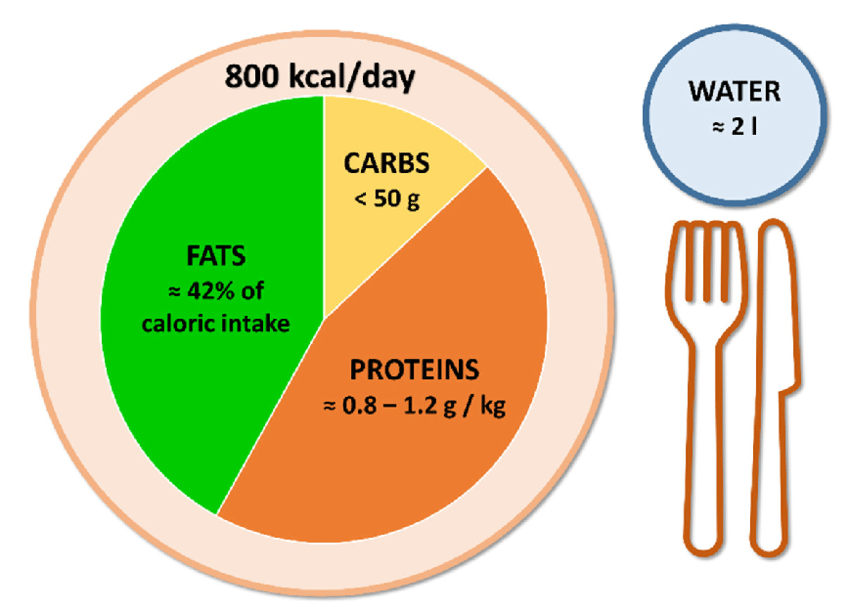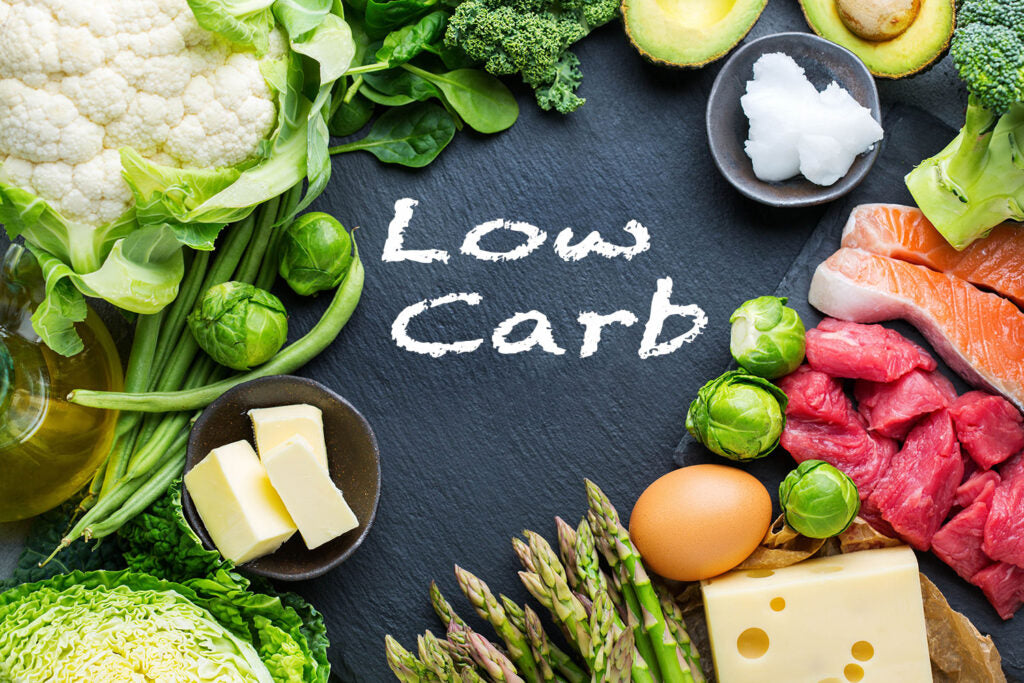
Very Low Calorie Diets or VLCDs
Often more commonly referred to as "Liquid Diet" is any diet containing less than 800 kilocalories per day. Full meals substituted for a formulated nutritional mixture that is designed to provide the body with it's full requirement of vitamins while keeping calorie intake to a minimum.
Carbohydrates can be completely removed from this diet or replaced with protein, however the choice does have great effect on how your body will respond. This type of diet is only ever suggested for rapid weight loss in the overweight or obese.
In 1997, a study was conducted determining that the VLCDs would provide rapid effective weight loss in obese, it increased insulin sensitivity in the body and showed a reduction in substrates for gluconeogensis, which are metabolic pathways through the body maintaining blood glucose levels.
However, this rapid weight loss diet is not without its risks, studies have shown 1 in 4 patients following the very low calorie diet can develop gallstones several month into the new diet. The formation of gallstones is facilitated by a concentration of bile fluid, a side effect of the VLCD. A dramatic reduction in calories without accounting for missing nutrients has also been linked to tiredness, anaemia and heart conditions.
VLCD diets should be monitored when being used for prolonged periods and recommendations from Doctors should always be taken into consideration, especially if a person is experiencing any unknown side effects. It should also be noted that even though the liquid diet focuses on a meal made of nutrients and water, the body still requires it's 2 litres of water on top of it per day.
When using very low calorie diets, without increased exercise or movement from normal habits a person should expect to lose between 3 to 5 pounds per week with a BMI of 27 or above.
This diet is only suggested for those with a BMI over 30, that it should not be continued beyond 12 weeks of continual use and that it should only be taken up by those who desperately need to lose weight, where the risks of being overweight overshadow the risks of dramatic weight loss.
Always consult your doctor before any radical change to your body's natural habits.


